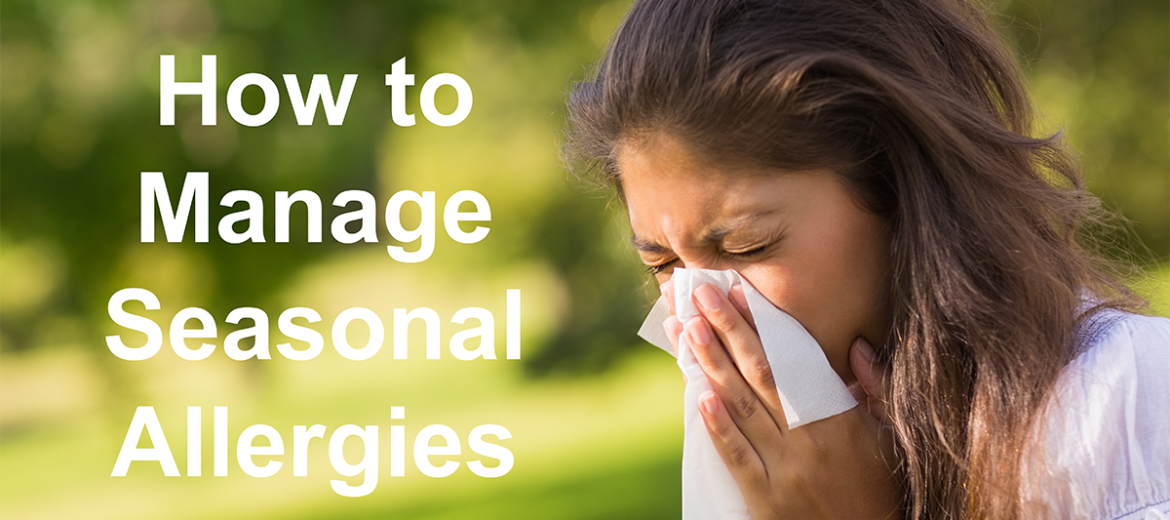Seasonal allergies: The cause and what to do about it

Chris Ballantine, ND is a naturopathic resident at Yellowstone Naturopathic Clinic and St. Vincent’s Health Cancer Center of Montana.
We are amidst the time of year that seasonal allergies are ripe for blooming. Many people deal with this year after year with a barrage of symptoms, such as runny nose, watery eyes, sinus congestion, and generally not feeling well.
What are seasonal allergies?
Common sources of seasonal allergies are typically related to the growth of new plant life in the spring. Whether it be the pollen from that blossoming tree in your front yard, that wonderful aroma of freshly cut grass, the dust created from pulling weeds, or that bouquet of wildflowers from your secret admirer, the effects of allergies can be felt from a myriad of different triggers.
When someone who is vulnerable comes in contact with the offending source, certain compounds bind to the immune protein called immunoglobulin E (IgE). IgE receptors are commonly found on mast cells, but are also found on other types of immune cells, such as basophils and eosinophils. When allergic compounds bind to IgE receptors, this activates the mast cells, and thus signals the release of inflammatory mediators from these cells, such as histamine. People with chronic allergies develop an increased number of IgE receptors, which equates to increased sensitivity to allergens, thus having a lower threshold at which inflammatory mediators are released.
Mast cells can be thought of metaphorically in terms of a busy seaway with lots of sailboats sailing to and fro. The mast cells are the ships in this scenario, with their masts representing the IgE receptors. The ocean represents mucosal and epithelial cells, which are commonly found on the surface of our mouth, throat, respiratory, and digestive tracts- a common home for mast cells. When there is a lot of weather, birds, and other debris in the air, affecting the masts of these ships- the passage can be cumbersome and tumultuous- but is usually manageable. For the average ship there is no problem because they were built to handle the ocean life. Yet for the ships that have too many masts and debris on their bow or sterns, even the smallest wind can cause the ship to become topside, and thus spill its contents overboard.
What can you do?
In terms of this ship analogy, it’s important to not only clean up the air and environment to avoid the things that will affect the sailing efficacy of the ship, but also to secure the ship in the event that there is some adverse weather that would otherwise causes its contents to spill overboard. In your life this would involve minimizing outdoor activity when pollen is high and striving to keep the inside of your house as clean as possible. Air filters are useful here. It is also helpful to minimize foods that have higher levels of histamine, such as yogurt, cheese, wine, beer, tuna, pork, and spinach. There are foods and herbs that can be helpful to stabilize the ship in stormy weather by down-regulating masts cells. Examples include nettles, watercress, turmeric, chamomile, Brazil nuts, and apples- think of these as the cargo on the ship.
So next time you feel some allergy symptoms coming on try a cup of chamomile and nettle tea, spiced with some turmeric. There are other options to reduce the mast cell effect and the severity of your reactions. These are best individualized according to your personal health history and general health. Some effective natural options include mast cell stabilizing substances such as Cromolyn sodium, quercitrin and homeopathic drops for seasonal pollens, trees, grasses, dust and grasses.
Don’t suffer needlessly through the beautiful spring. There are more solutions to keep your ship sailing comfortably than you may know.


Clinic